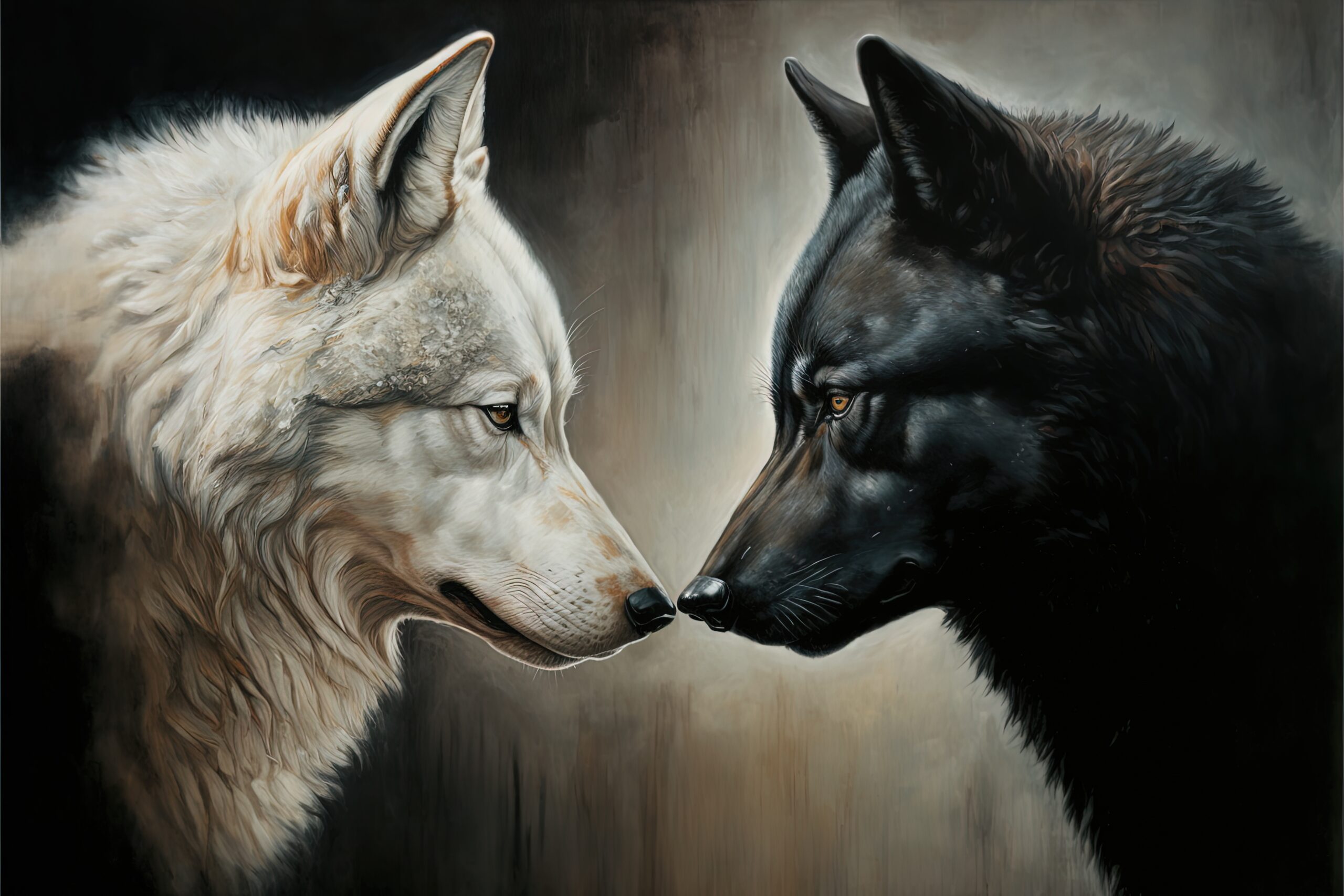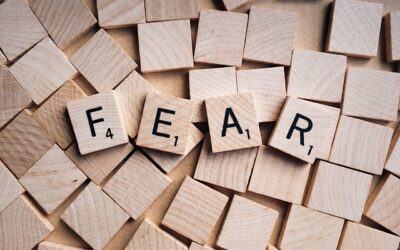The internal struggles we face have a direct impact on our leadership. Being a good leader of others means first being a good leader of yourself. By not controlling our emotions, we subject those who look to us for guidance to toxic behavior. The first step in developing good leadership begins with addressing our internal struggles and mastering the two wolves inside.
Leadership and Internal Struggles
It’s tempting to wag a finger at bad leaders and indict them for their character defects. There’s a feeling of relief in venting our anger at the misdeeds of people who so clearly assumed they were better than us. Sometimes our venting is justified. But sometimes focusing on “them” is just a cheap way to keep from focusing on ourselves. We, after all, are them.
The point of learning about the killer inside isn’t to make you better at prosecuting leaders you deem to be flawed. It is to understand how your leadership might be subject to hubris’s influence and control so that you can prevent being subsumed by it. Everyone is susceptible to selfishness. It’s counterproductive to expect your leaders, or yourself, to be vice free. Quite the opposite.
Identifying, understanding, embracing, and mitigating your imperfections and vices will strengthen your leadership impact and help you lead more effectively and virtuously. There’s a little Killer in all of us, and when you get familiar with how yours might be operating, it will have less control over you.
A Tale of Two Wolves
Some of you may remember the old Cherokee legend about the two wolves. It’s one of those folklore stories that gets embellished with each retelling, including our version. As the story goes, an old Cherokee elder is teaching his grandson about the nature of being human.
He says, “Grandson, there is a great war going on inside of me. There are two wolves fighting inside my soul. One aims to please himself. He is shrewd, manipulative, and dishonest, and will climb over even his friends to get what he wants. He is thirsty for power and toxically ambitious and assumes the worst in others and is quick to lash out in anger. His aim is to conquer, dominate, and control. He is a hungry, bad wolf that can’t be trusted.”
Unless you have mastery over the totality of your own nature, you will be prone to causing a lot of leadership damage.
As his grandson listens intently, the elder continues, “The other wolf has a strong sense of justice and strives to do what is right and good. He is obedient in his service to others and is disciplined, and has mastery over his emotions, urges, and temptations. This wolf brings out the best in me and others. He is a generous and good wolf, worthy of trust.” The grandfather continues, “Grandson, this war is not just going on inside of me, but in the hearts of everyone.”
Then, punctuating the point, he adds, “Including your own.” The grandson, recognizing the truth of the story in himself, and eager to know the story’s outcome, questions, “Grandfather, which wolf will win the war?” Raising his hands, simultaneously pointing to his grandson’s heart and head, the grandfather replies, “The one you feed.”
What a wonderful story, right? It’s the universal story of what it means to be a human being.
Understanding Our Wolves
Like the grandson, each of us can recognize those two wolves. Each of us has acted with virtue, nobility, and goodness. Yet each of us has acted selfishly, dishonestly, and immorally on occasion too. We are made up of those two wolves. Our conscience and innate sense of right and wrong help us recognize the two wolves who live in our souls. Russian novelist and Nobel Prize winner Aleksandr Solzhenitsyn was right when he said, “The line separating good and evil passes not through states, nor through classes, nor between political parties either – but
Contending with the dualistic nature of your own character is a central and ongoing responsibility of every leader. Unless you have mastery over the totality of your own nature, you will be prone to causing a lot of leadership damage. Gaining self-mastery over one’s passions, urges, and temptations is what makes leading so challenging. This is true partly because self-mastery means going against the more craven parts of your human nature, particularly when you are emboldened with, or seduced by, leadership power.
Being a good leader of others means first being a good leader of yourself.
Being a good leader of others means first being a good leader of yourself. And that requires being a good caretaker for the two wolves, by giving them guidance, expression, and space. The bad wolf isn’t bad if given an outlet for expression. If you enjoy fighting with people, take a jujitsu class before work each day instead of arguing with your teammates at work. Leading yourself means knowing when and how to feed both wolves.
This post is based on an excerpt from The Leadership Killer: Reclaiming Humility in an Age of Arrogance.



